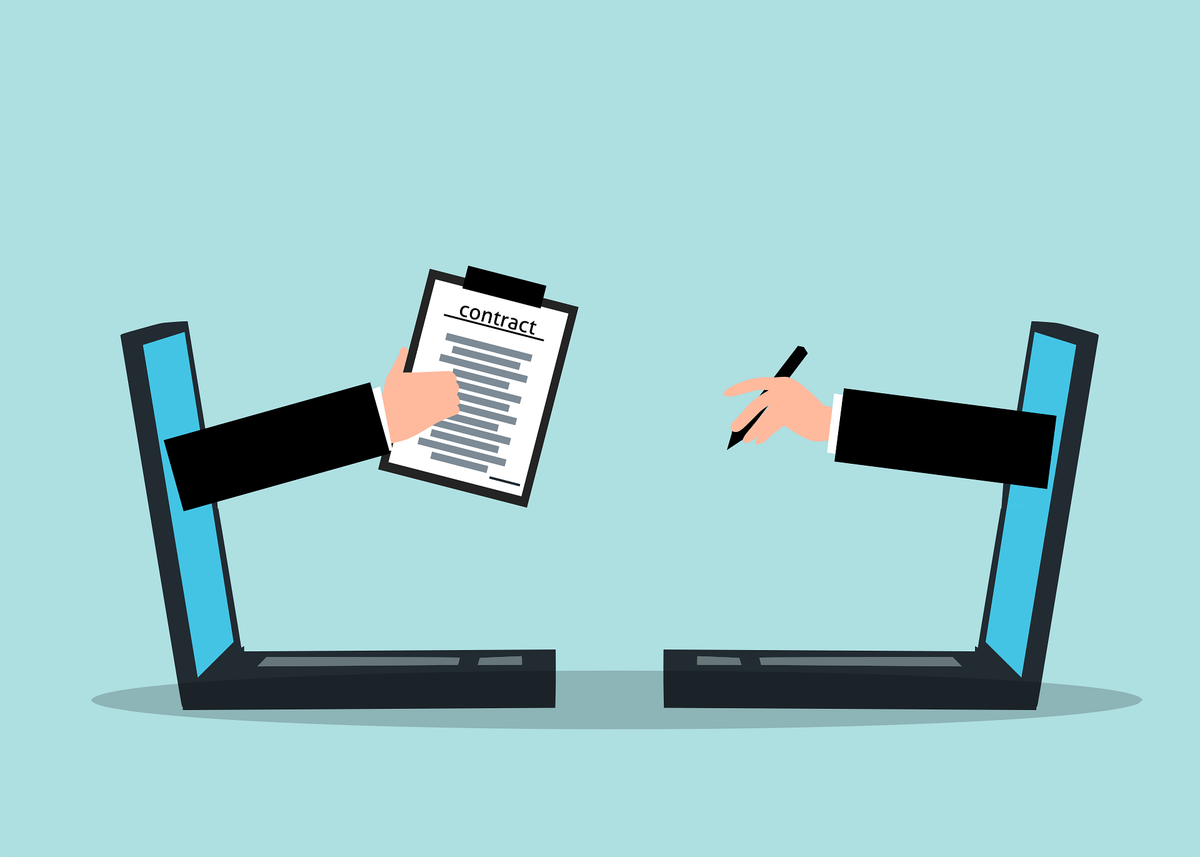Understanding Agentic AI in Procurement: How Autonomous AI Has Been Transforming Supplier Deals

In today's rapidly evolving business landscape, artificial intelligence is revolutionizing how organizations manage their business processes, and procurement is no exception. Autonomous AI agents are emerging as game-changers, transforming traditional supplier negotiations into efficient, data-driven exchanges. This comprehensive guide explores how AI agents are reshaping procurement with autonomous negotiations.
The procurement landscape is undergoing a dramatic transformation, one that goes far beyond simple automation. At the forefront of this revolution are AI agents capable of autonomous negotiation – sophisticated systems that don't just streamline processes but actively engage in complex supplier negotiations, optimize costs, and create strategic value. As we move through 2025, these AI agents are continuing to redefine what's possible in procurement in Global 2000 companies such as Walmart, Maersk, Suez and Veritiv, marking a shift from basic automation to intelligent, autonomous deal-making at scale.
Beyond Traditional Automation: The Rise of AI Agents during the past years
Traditional procurement automation has focused primarily on digitizing paperwork and streamlining workflows. While valuable, these solutions still rely heavily on human intervention for crucial decisions and negotiations. They operate within rigid rules, lacking the flexibility to adapt to dynamic market conditions or complex supplier relationships.
Enter agentic AI. These sophisticated digital workers leverage advanced technologies like machine learning, behavioral analysis, and game theory to engage in autonomous negotiations with suppliers. Unlike their predecessors, these AI agents can assess market conditions, analyze supplier behavior, and dynamically adjust their negotiation strategies in real-time.
The difference between traditional automation and AI agents is like comparing a calculator to a chess grandmaster. While automation follows preset rules, AI agents think strategically, learn from experience, and make complex decisions autonomously, with the authority to strike the deal for you.
Real-World Impact: AI Agents in Action
The impact of agentic AI is already evident across various industries. Global shipping giant Maersk has deployed AI agents to negotiate supplier contracts across their vast operations. Similarly, Walmart has integrated AI-driven negotiation systems into their supplier management processes (case study), while others such as Veritiv (case study), Otto Group, Linde, Henkel, Coupang, Mediclinic Group and many others have already now adapted their supply processes by leveraging autonomous AI agents.
These implementations aren't just theoretical experiments – they have been and still are delivering measurable results. Organizations using self-negotiating AI consistently report significant improvements across key metrics:
- Negotiation cycles that once took weeks now conclude in minutes.
- Value generation typically ranges from 2-30% on negotiated spend.
- Supplier satisfaction has improved by over 20% in many cases.
Integrating AI Agents with Existing Systems
One crucial aspect often overlooked is how AI agents integrate with existing procurement systems. Modern AI procurement platforms like Pactum AI offer seamless integration with major ERP systems and procurement suites, ensuring that AI agents can access historical data, current contracts, as well as real-time market information from partners. Such integrations enable:
- Automatic synchronization of negotiated terms with customer systems.
- Real-time updates to procure-to-pay systems.
- Direct connection with supplier portals and databases.
- Automated compliance checking against organizational policies.
How AI Agents Can Transform Procurement Operations
The transformation brought by AI agents extends far beyond faster negotiations. These systems are fundamentally changing how procurement teams operate and create value for their organizations.
Dynamic Pricing and Cost Optimization
AI agents continuously monitor market conditions, supply chain disruptions, and competitive pricing data. This real-time awareness allows them to automatically adjust purchase agreements and ensure organizations always secure optimal terms. For instance, when for example volumes and other data points fluctuate, AI agents can immediately initiate renegotiations with suppliers, maintaining profit margins that might otherwise erode.
Enhanced Supplier Relationships
Contrary to initial concerns about AI depersonalizing supplier relationships, these systems often improve them. AI agents can predict supplier needs, identify potential issues before they escalate, and can ensure consistent, fair negotiations. They free procurement professionals from routine negotiations, allowing them to focus on strategic relationship building and innovation.
Risk Management and Compliance
In today's complex regulatory environment, compliance isn't optional. AI agents excel at enforcing compliance standards, monitoring risk factors, and ensuring adherence to ESG requirements. They can instantly flag potential compliance issues and adjust negotiation strategies accordingly, providing a level of oversight that would be impossible to maintain manually.
The Future? AI-to-AI Negotiations
As we look ahead, one of the most intriguing developments is the emergence of AI-to-AI negotiations. As more organizations deploy self-negotiating AI, we're moving toward a future where AI agents on both sides of the table will engage in autonomous negotiations. 11x is just one example of several solution providers who successfully offer fully autonomous Sales Development Representatives (SDRs), machines who conduct calls autonomously. This shift promises to bring unprecedented capabilities to procurement as well as sales processes.
However, this future also raises important considerations. Organizations must develop frameworks for governing AI negotiations, ensuring transparency, and maintaining appropriate human oversight. The key will be striking the right balance between autonomous operation and human strategic guidance.
Actionable Steps for Implementation
For organizations ready to embrace AI agents in procurement, here are key steps to get started:
- Research and partner with experienced AI procurement solution providers who have experience in running AI agents.
- Share and jointly analyse relevant data with your solution provider to define a program focusing on for example specific spend areas.
- Establish clear success metrics aligned with business objectives.
- Develop a change management plan for procurement teams.
Looking Ahead
The adoption of AI agents in procurement isn't just a trend – it's a fundamental shift in how organizations approach supplier relationships and negotiations which already started several years ago. As these technologies continue to evolve, they'll unlock new possibilities for value creation and strategic advantage.
For procurement leaders, the question is no longer whether to adopt AI agents, but how to implement them effectively to stay competitive in an increasingly automated business landscape. Those who embrace this transformation early will be best positioned to reap its benefits and shape the future of procurement.
Stay tuned for further blog posts exploring and explaining this topic in more depth including real, practical examples soon.
This article was last updated in March 2025 to reflect the latest developments in procurement AI technology.
References
Harvard Business Review: How Walmart Automated Supplier Negotiations
Pactum AI: Understanding Autonomous Negotiations
Forbes: Your Next Negotiating Partner: Artificial Intelligence




